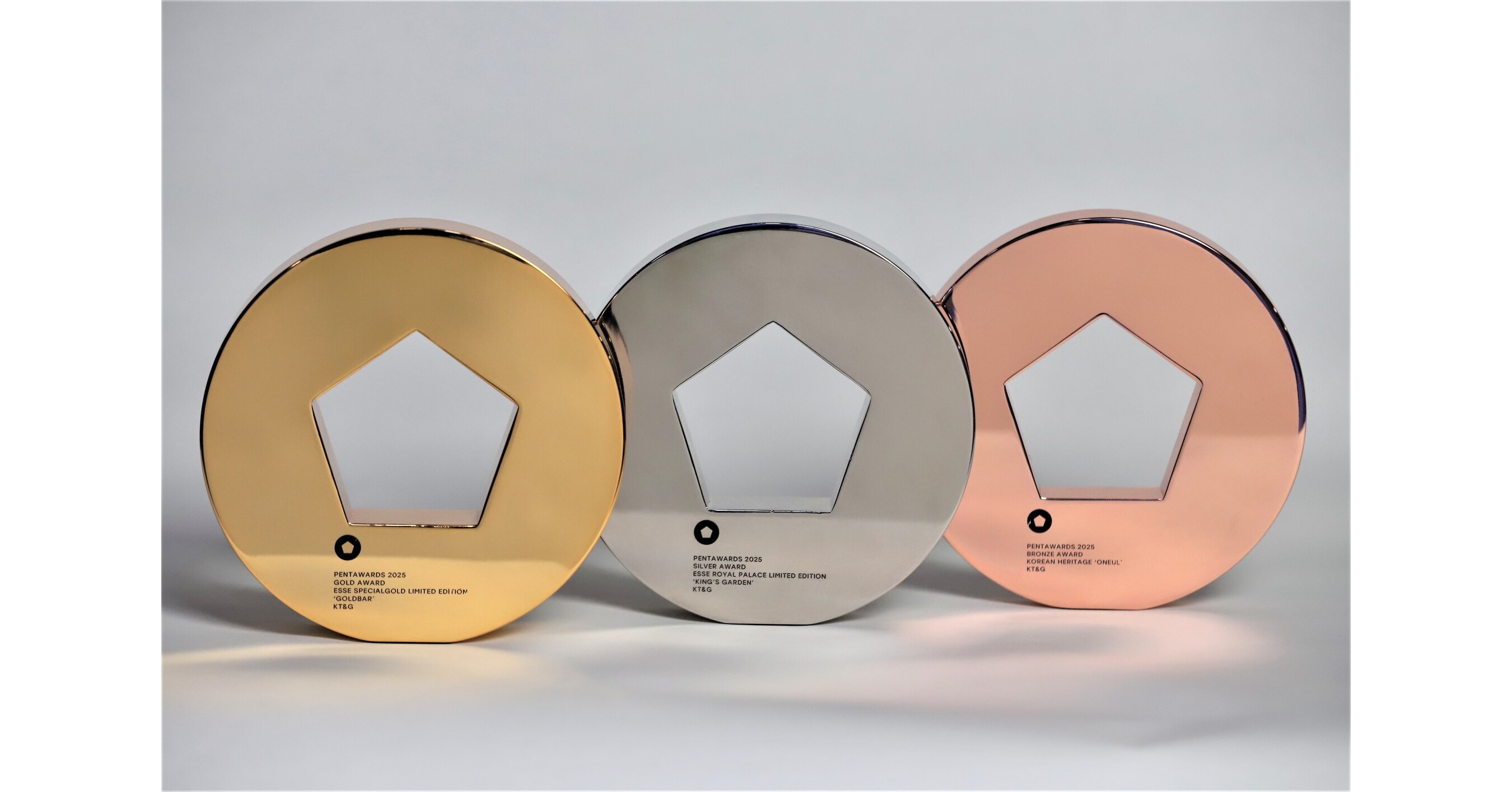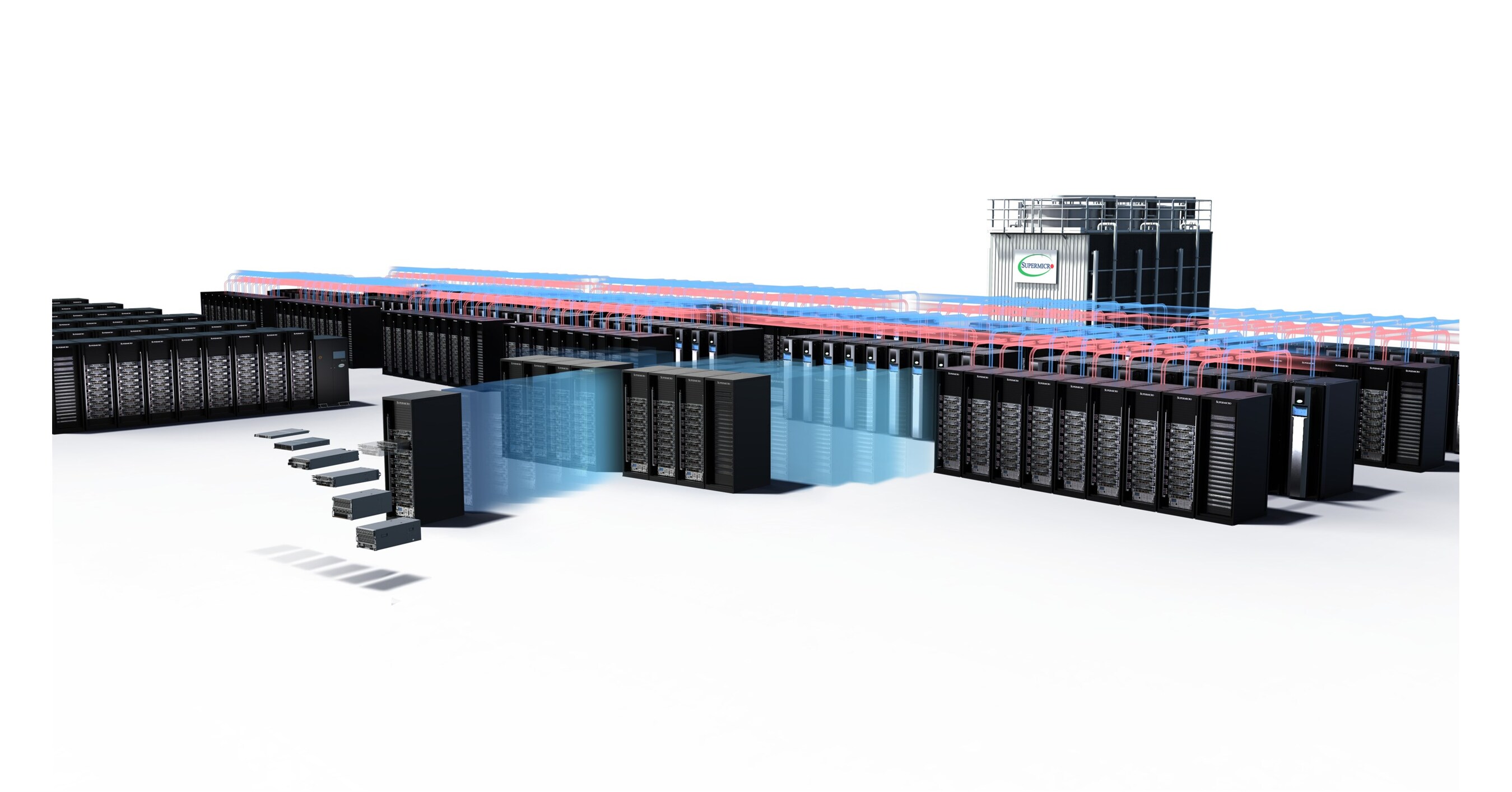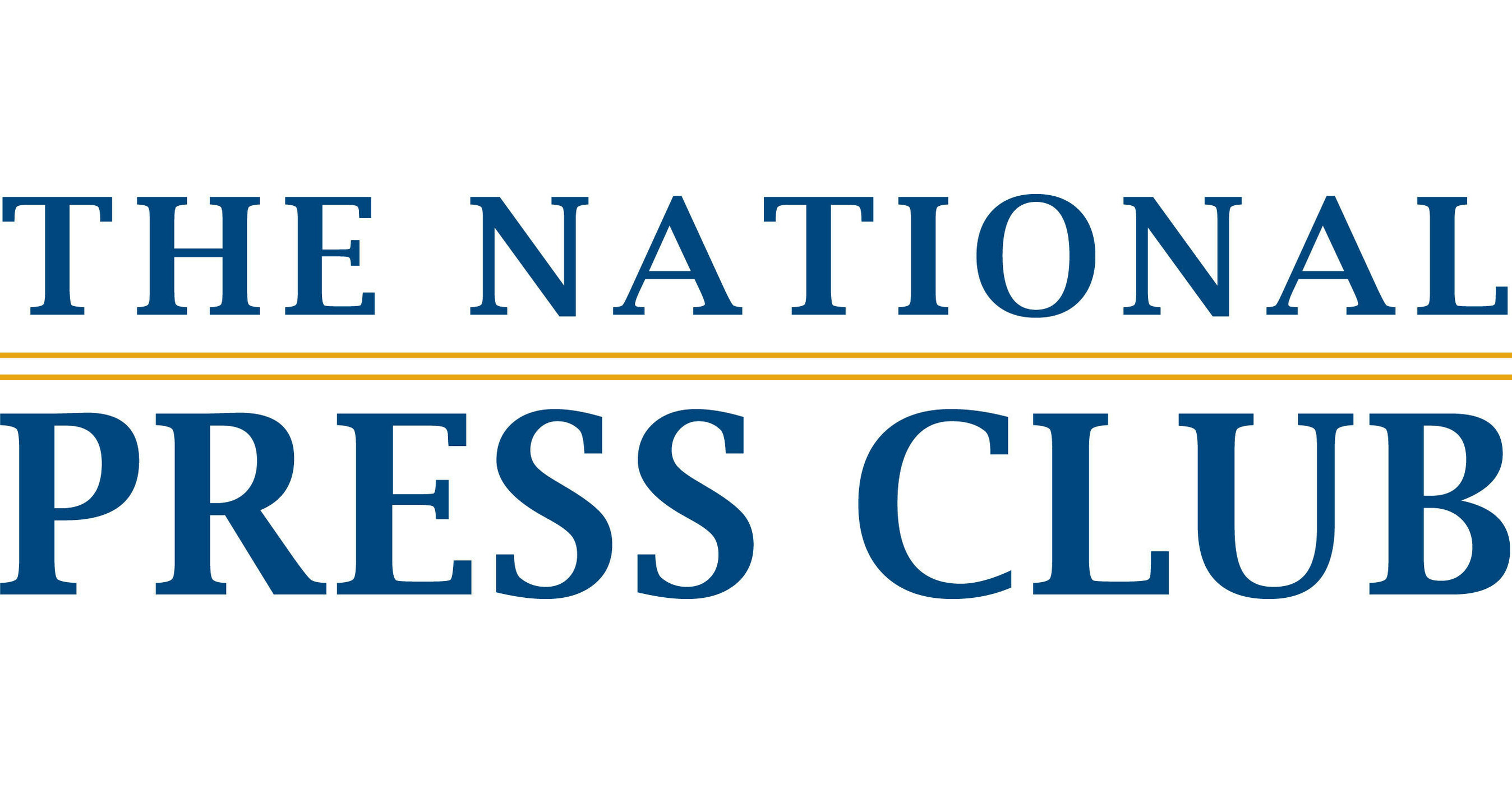Leading Organizations Urge Congress to Take Action on PFAS, Infrastructure Funding, Resiliency, and Cybersecurity
WASHINGTON, April 7, 2025 /PRNewswire/ — More than 700 water sector professionals representing national associations and wastewater and drinking water utilities from across the country will visit Congressional office visits this week as part of the annual National Water Policy Fly-In during Water Week.
A joint effort of the National Association of Clean Water Agencies (NACWA), the American Water Works Association (AWWA), the Association of Metropolitan Water Agencies (AMWA), The Water Research Foundation (WRF), the Water Environment Federation (WEF) and the WateReuse Association, the 2025 Fly-In is celebrating record attendance and calling on Congress to address a number of growing challenges facing the water sector, including:
- Aging infrastructure. Federal funding and financing are vital for utilities to advance infrastructure projects. However, future funding levels are uncertain and many key program authorizations will expire after Fiscal Year 2026. Congress must reauthorize key drinking water and wastewater funding programs made possible through the Infrastructure Investment and Jobs Act (IIJA) and prioritize robust annual appropriations for these programs to advance investment in water across the country and ensure everyone has access to clean, safe water.
- Per- and polyfluorinated substances (PFAS). The costs of managing PFAS contamination in accordance with the Safe Drinking Water Act and Clean Water Act are enormous and will significantly impact ratepayers. Drinking water utilities face annual costs of as much as $7.5 billion to comply with EPA’s new drinking water standards for PFAS. Clean water utilities are also facing significant operational cost increases. The sector calls on Congress to prioritize source control measures that will reduce the amount of PFAS entering water systems and the environment and enact regulations that hold polluters—not local water utilities—financially responsible for cleanup costs.
- Affordability. Water and wastewater costs in many communities outpace inflation and income growth, putting disproportionate pressure on low-income households. On average, 20 percent of US households owe money to their water utility, and as many as 19 million households are challenged by unaffordable water costs. The water sector is pushing for Congress to establish a permanent low-income water assistance program to help utilities modernize infrastructure while maintaining affordable rates.
Water Week’s anchor event, the National Water Policy Fly-In, is jointly presented by the six host organizations and is also supported by 15 partner organizations across the water and environmental sectors. The event will feature speakers from various federal agencies and Members of Congress discussing current water priorities.
Adam Krantz, CEO of the National Association of Clean Water Agencies said: “Water Week is a key time for the public clean water utility sector to bring our message to Washington, DC, and remind policymakers of the critical work we do – and the challenges and opportunities we face. Clean water is and should continue to be a core federal priority. Public clean water utilities are vital institutions to their communities and the Nation, and we need Congress to support these services that are essential to the economy, jobs, the environment and public health. We look forward to meeting with Members of Congress to advocate for our priorities.”
David LaFrance, CEO of the American Water Works Association said: “Every day, water utilities are on the frontlines, delivering safe, clean water to millions across the nation. We join our Water Week partners to advocate for policies that support the critical work of managing water. As we go to Capitol Hill, we drive home a clear message to Congress: Water matters. We need action on infrastructure funding, PFAS liability protection, and affordability. These are not just water issues, they are public health imperatives, and AWWA is committed to working with Congress to forge practical solutions that protect both the water we drink and the communities we serve.”
Tom Dobbins, CEO of the Association of Metropolitan Water Agencies said: “The water sector is strongest when we speak with one voice, so I am proud for AMWA’s Water Policy Conference to convene during Water Week this year. From infrastructure investment to holding PFAS polluters accountable to promoting sound, science-based regulations, it is critical for policymakers to hear from their local utilities on the challenges they face, and to discuss workable solutions.”
Ralph Exton, Executive Director of the Water Environment Federation said: “WEF thanks the passionate and committed water professionals from communities nationwide who unite each year in DC during the National Water Policy Fly-In,” said Ralph Exton, Executive Director, Water Environment Federation. “These dedicated and enthusiastic champions for water are essential for educating members of Congress and federal policymakers about critical issues impacting local water challenges.”
Peter Grevatt, CEO of The Water Research Foundation said: “The Water Research Foundation is excited to welcome hundreds of leading water professionals to Washington to advocate for robust funding for water research to meet the growing needs of the communities they serve.”
Brian Biesemeyer, Interim Executive Director of the WateReuse Association said: “WateReuse Association welcomes our members to Washington, DC this week to share how water recycling is advancing economic opportunity and protecting public health and the environment. This year, we’re working with Congress and the Administration to unleash water reuse opportunities for American industries and communities across the country.”
ABOUT THE GROUPS
For over 50 years, the National Association of Clean Water Agencies (NACWA) has been the nation’s recognized leader in legislative, regulatory, legal, and communications advocacy on the full spectrum of clean water issues. NACWA represents public wastewater and stormwater agencies of all sizes nationwide. Our unique and growing network strengthens the advocacy voice for the public clean water sector and helps advance policies to provide affordable and sustainable clean water for all. Our vision is to advance sustainable and responsible policy initiatives that help to shape a strong and sustainable clean water future. For more information, visit us at www.nacwa.org.
The Association of Metropolitan Water Agencies (AMWA) has been the unified and definitive voice for the nation’s largest publicly owned water systems for over 40 years. AMWA’s membership serves more than 160 million people with safe drinking water.
Established in 1881, the American Water Works Association is the largest nonprofit, scientific and educational association dedicated to managing and treating water, the world’s most vital resource. With approximately 50,000 members, AWWA provides solutions to improve public health, protect the environment, strengthen the economy and enhance our quality of life.
The Water Environment Federation (WEF) is a not-for-profit technical and educational organization of more than 30,000 individual members and 75 affiliated Member Associations representing water quality professionals around the world. Established in 1928, WEF’s mission is to inspire the water community in pursuit of human and environmental well-being. WEF’s goals are to attract and develop a passionate workforce, cultivate a purpose-driven community to sustainably solve water challenges for all, and lead the transformation to the circular water economy.
The Water Research Foundation (WRF) is the leading research organization advancing the science of all water to meet the evolving needs of its subscribers and the water sector. WRF is a nonprofit, educational organization that funds, manages, and publishes research on the technology, operation, and management of drinking water, wastewater, reuse, and stormwater systems—all in pursuit of ensuring water quality and improving water services to the public. For more information, visit www.waterrf.org.
The WateReuse Association is the nation’s only trade association solely dedicated to advancing laws, policy, funding, and public acceptance of recycled water. Our membership includes utilities that recycle water, businesses that support the development of recycled water projects, and consumers of recycled water. Learn more at www.watereuse.org.
SOURCE American Water Works Association





